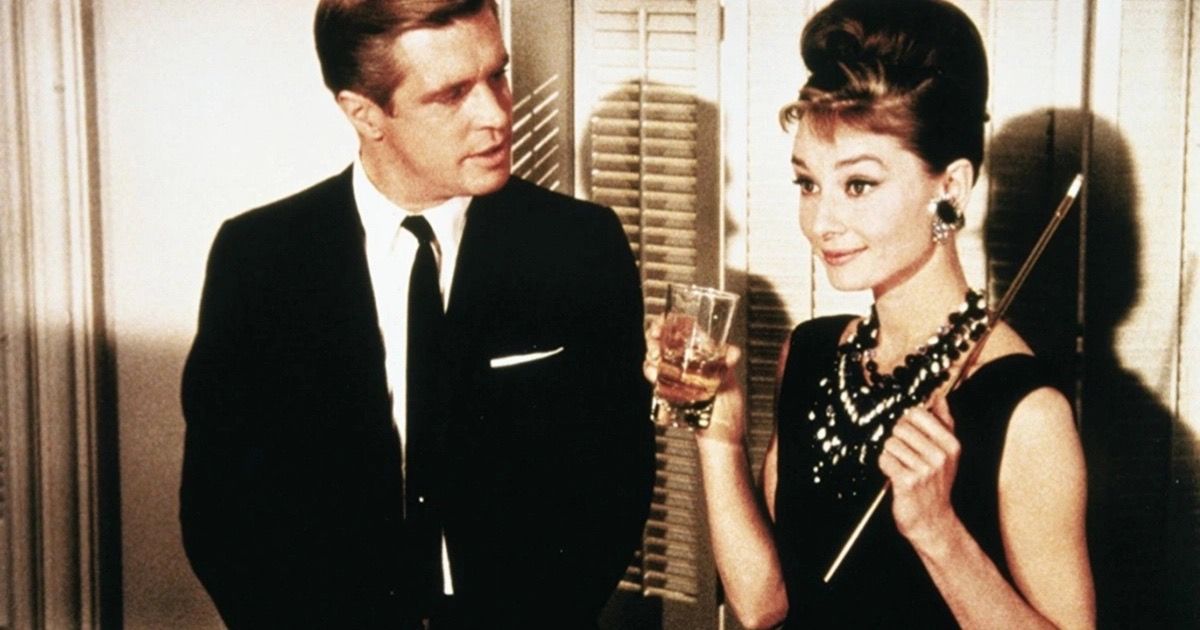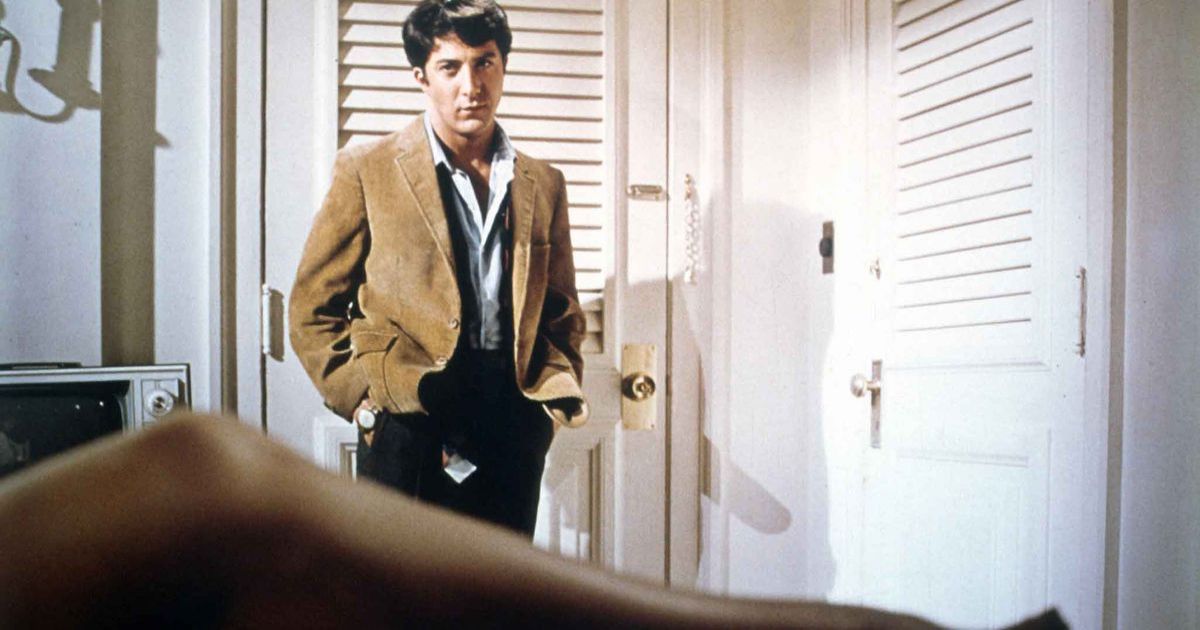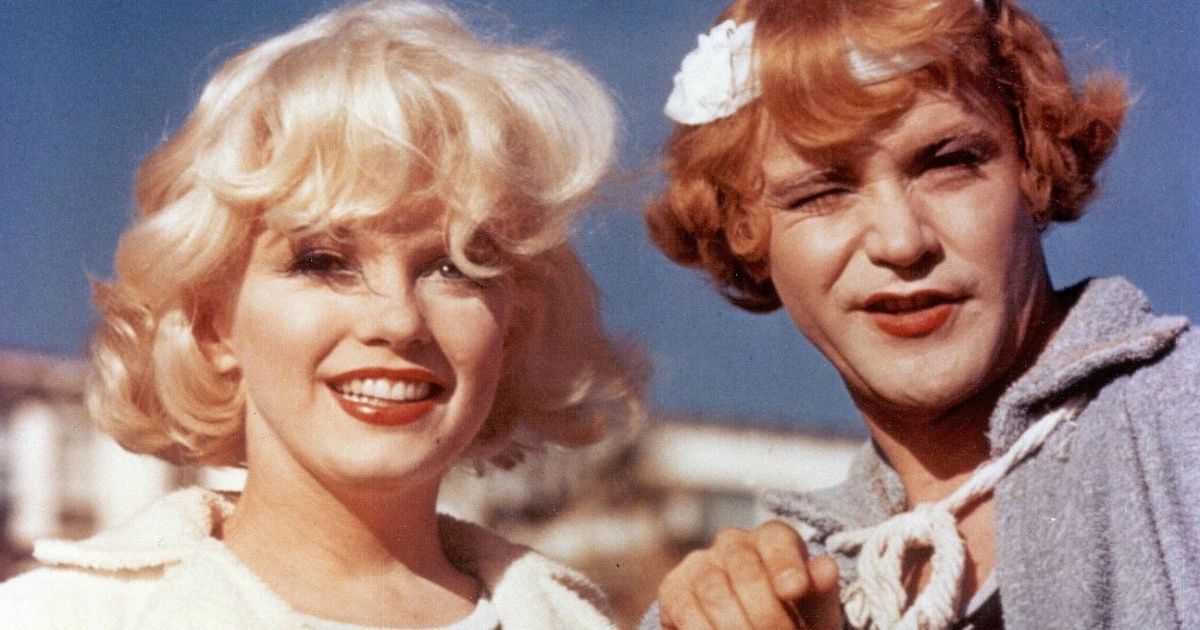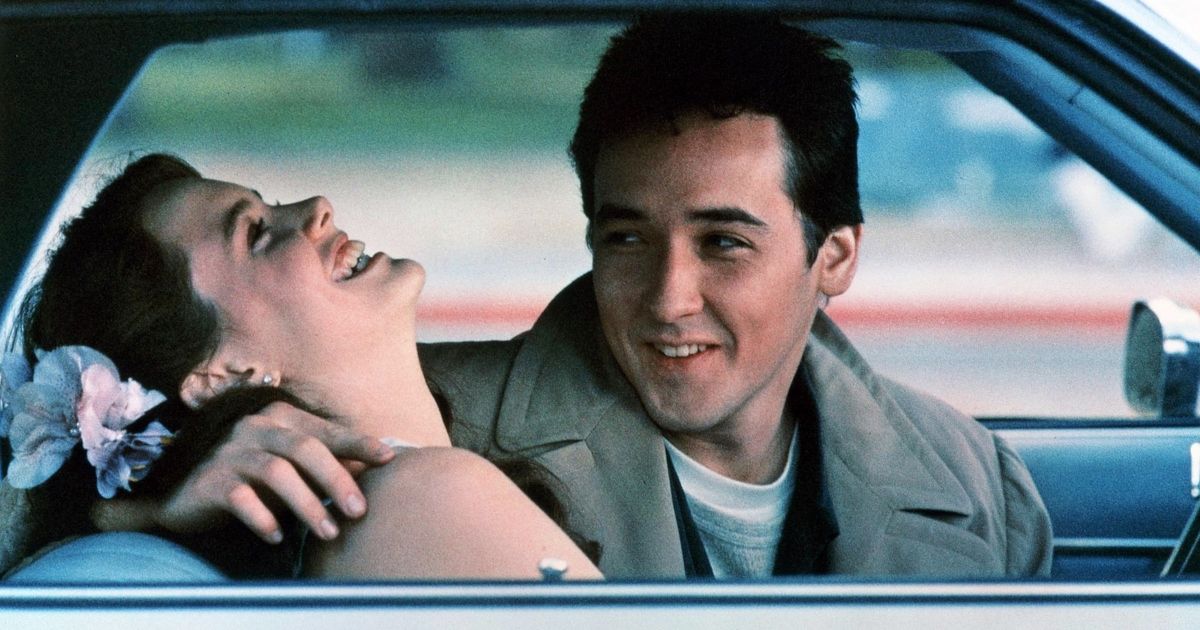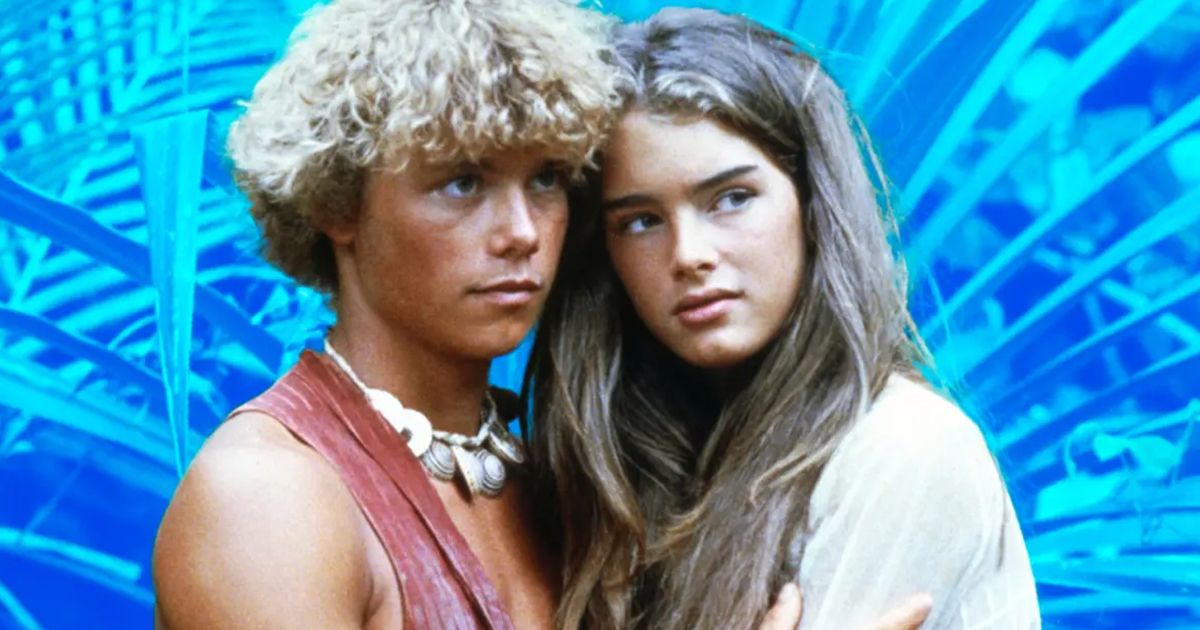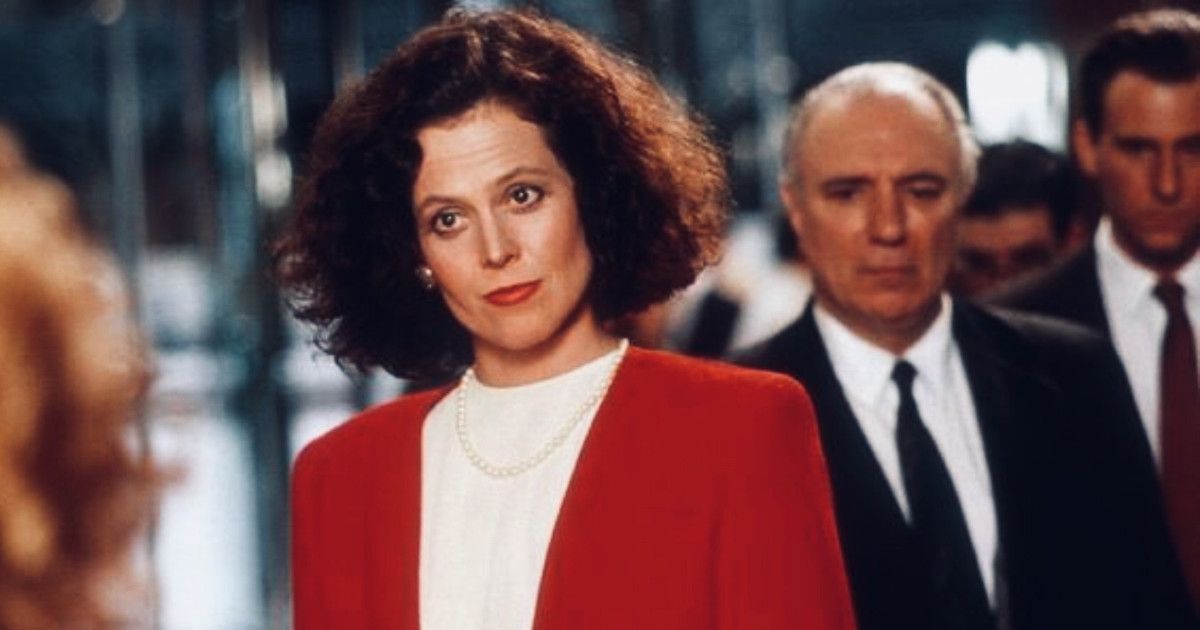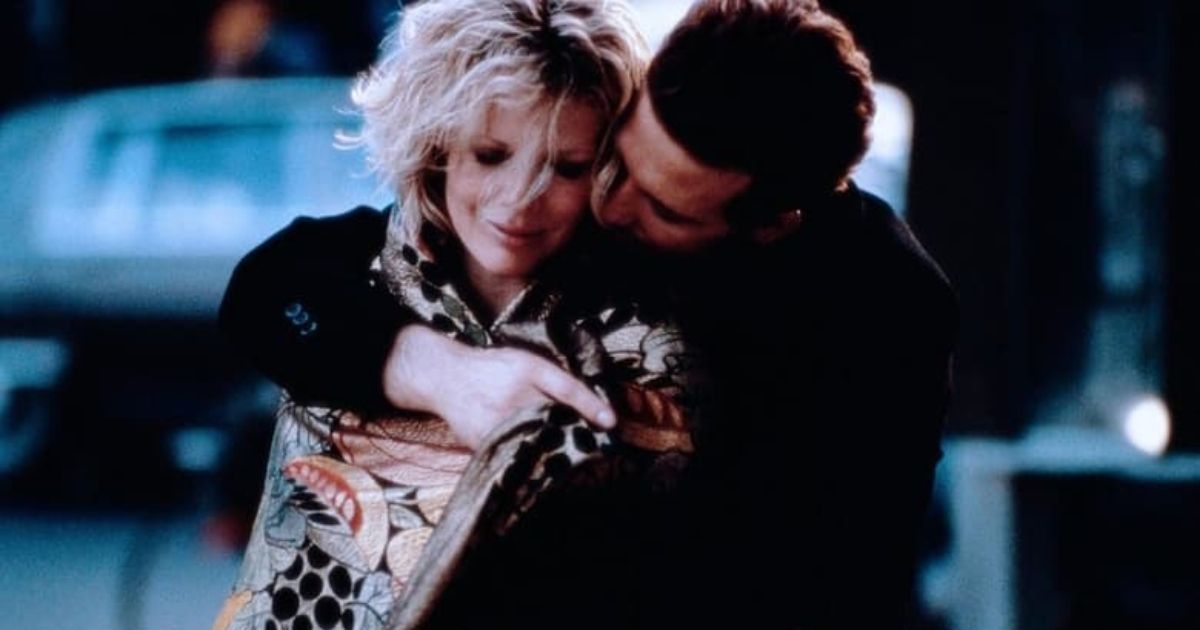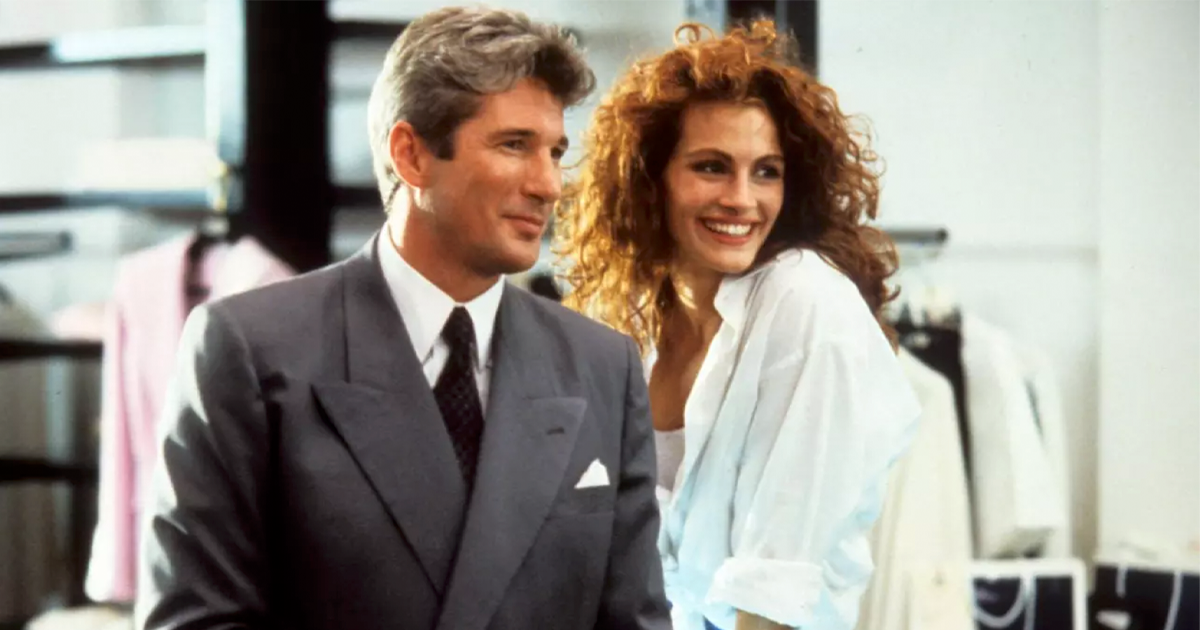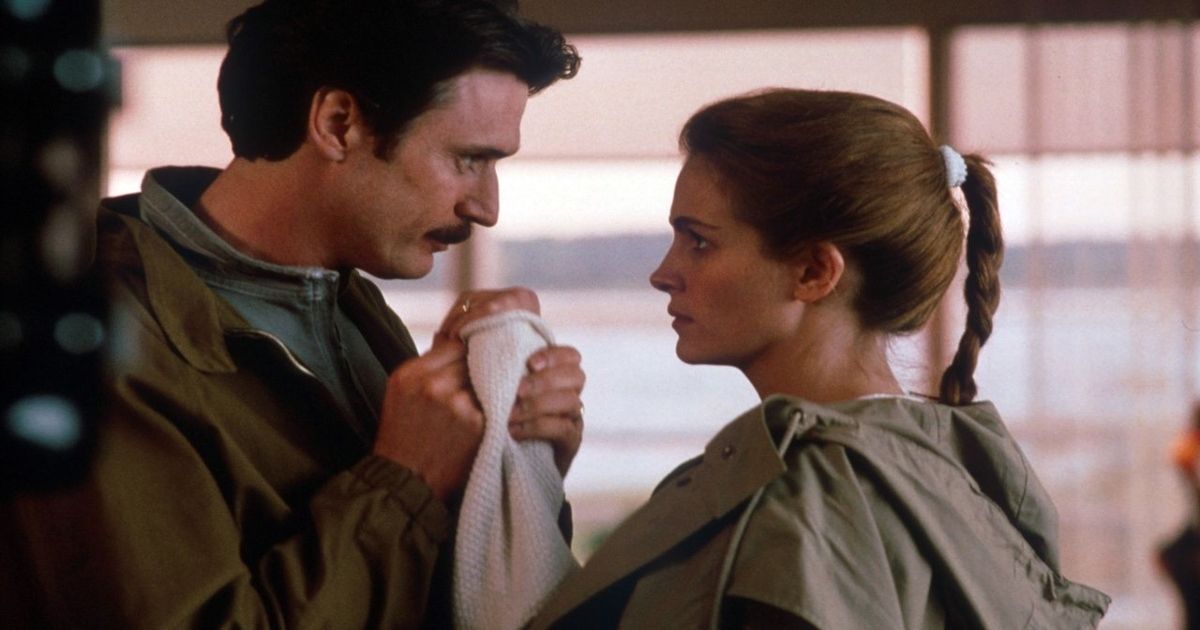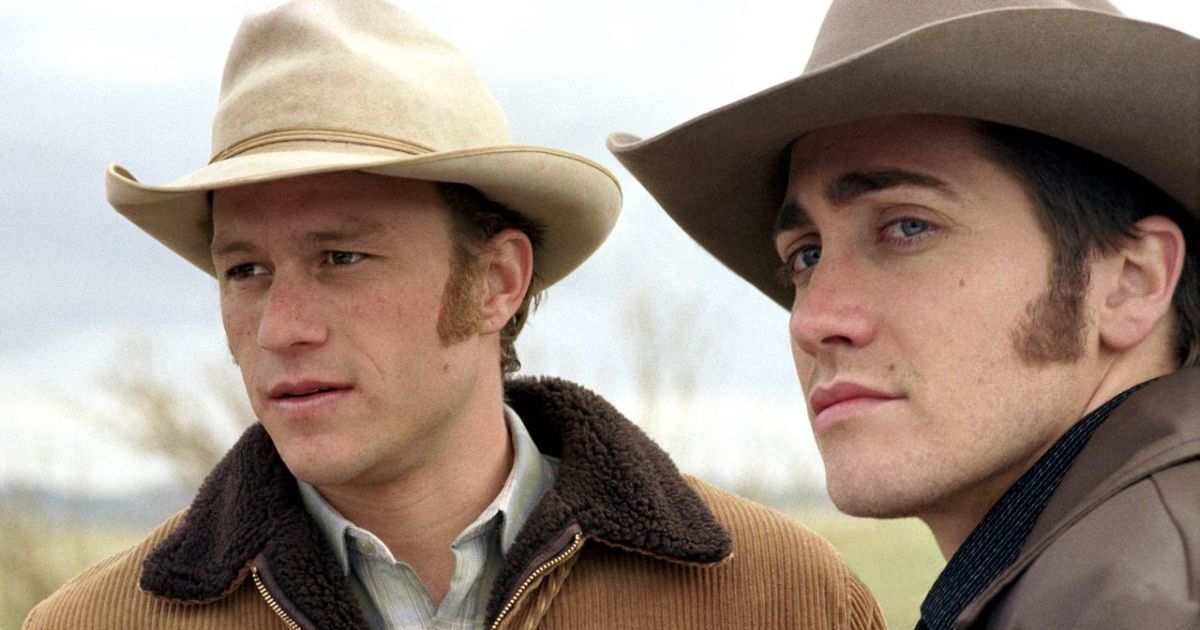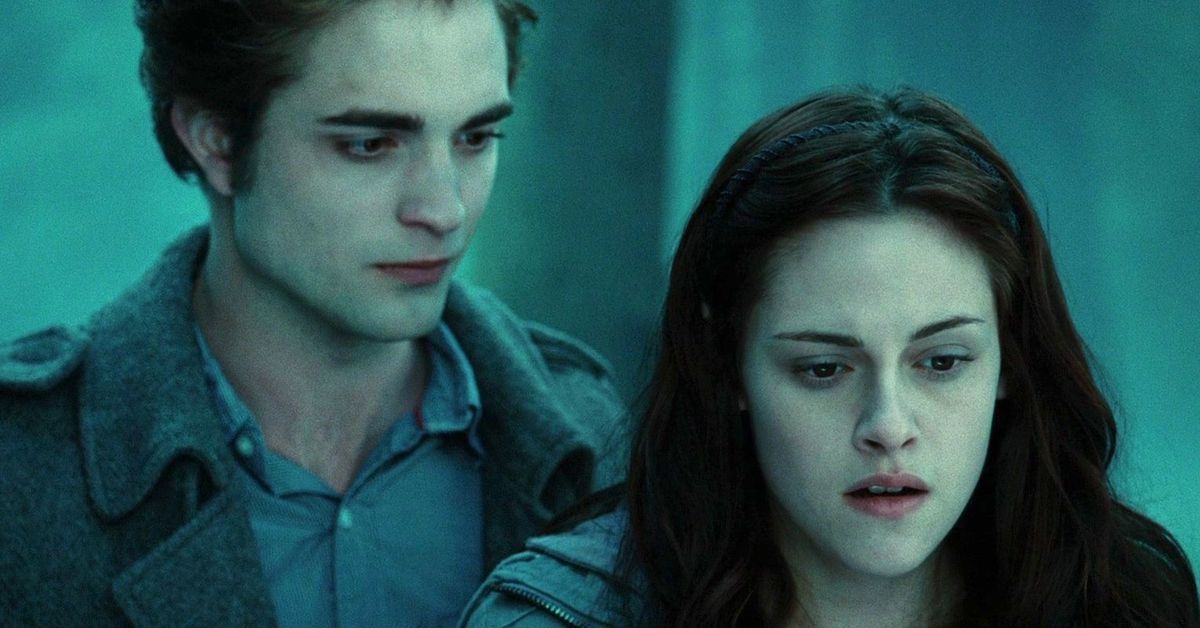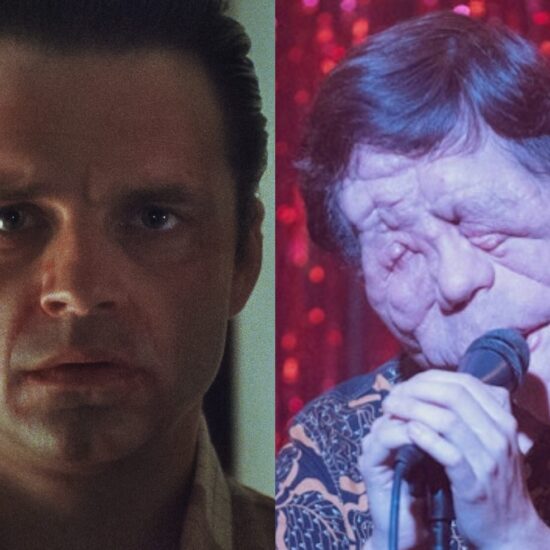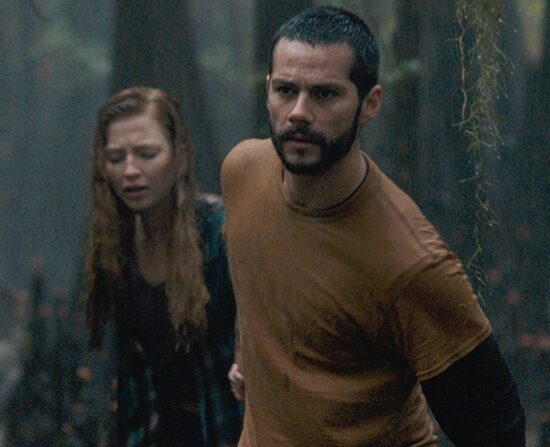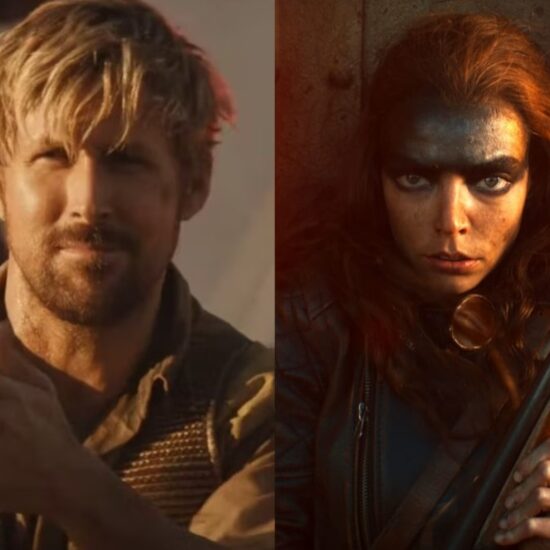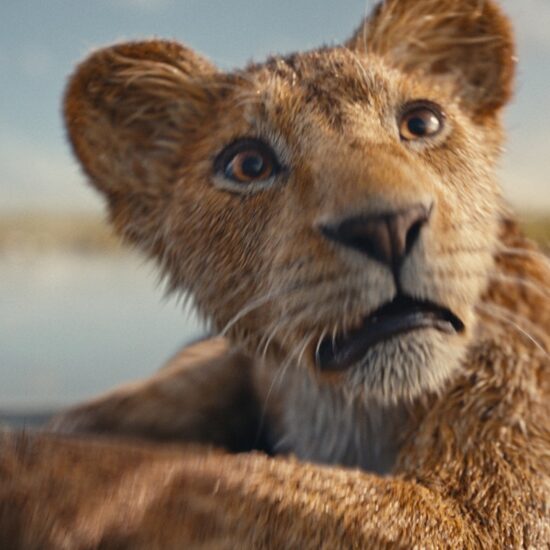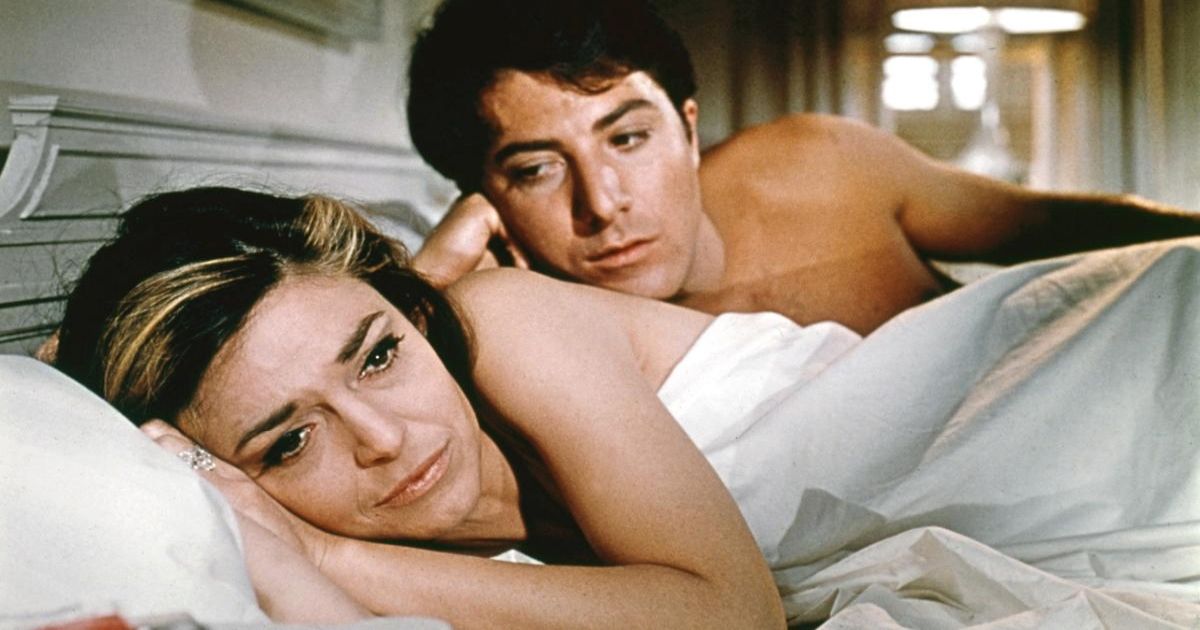
Romance movies of the past often depicted relationships that, when viewed through a modern lens, would be considered inappropriate or problematic. Older romance movies, while significant in their time, often depicted relationships that would be considered inappropriate or problematic by today’s standards. Only through recognizing the problematic elements in these films can we reflect on the progress we have made in promoting healthy, consensual relationships in modern cinema.
By striving for more authentic and inclusive portrayals, we can ensure that romance movies reflect the evolving values and expectations of our society. Below are 12 old romance movies that featured inappropriate relationships, highlighting how their portrayal wouldn’t align with today’s standards.
12 Gone with the Wind (1939)
While Gone with the Wind is a beloved classic, it reflects outdated views on consent and romance. The film romanticizes non-consensual advances and portrays Rhett Butler’s pursuit of Scarlett O’Hara as persistent, disregarding her lack of interest. Rhett’s actions, framed as passionate and charming, overlook the importance of consent and reinforce harmful notions that persistence can eventually win over someone’s affection. In today’s context, the film’s portrayal of such behavior would be considered highly inappropriate.
11 Breakfast at Tiffany’s (1961)
Breakfast at Tiffany’s is regarded as a classic, but it features a portrayal that perpetuates racial stereotypes. One of Hollywood’s worst whitewashing casting decisions, Mickey Rooney’s portrayal of Mr. Yunioshi, a Japanese neighbor, is marred by cultural insensitivity and caricature-like representation. The character relies on exaggerated racial features and mannerisms, promoting harmful stereotypes that are disrespectful and offensive. In today’s context, the film’s racially insensitive portrayal would be deemed highly inappropriate and disrespectful.
10 The Graduate (1967)
In The Graduate, a young college graduate, Benjamin Braddock, embarks on an affair with an older family friend, Mrs. Robinson. The relationship showcases a significant age disparity and raises questions about consent and manipulation. Mrs. Robinson takes advantage of Benjamin’s vulnerability and naivety, blurring the boundaries between mentorship and exploitation. While the movie serves as a cultural touchstone, it would likely face criticism today for its portrayal of an inappropriate relationship between a young man and an older woman.
9 Some Like It Hot (1959)
Although Some Like It Hot is a comedy classic, it relies heavily on gender stereotypes. The film features two male musicians, Joe and Jerry, who disguise themselves as women to escape from the mob. Their transformation into women for comedic effect perpetuates gender stereotypes, reinforcing traditional gender roles. The film presents women as objects of desire, with Joe and Jerry’s characters primarily focused on pursuing romantic interests rather than developing meaningful connections. In today’s context, the film’s reliance on gender stereotypes would be seen as inappropriate and regressive.
8 Say Anything… (1989)
Considered a romantic comedy, Say Anything… tells the story of Lloyd Dobler, a high school graduate who falls for Diane Court, a class valedictorian. However, the film features a male protagonist who engages in stalking behavior, which is portrayed as an endearing pursuit of love. Lloyd’s persistent and unwelcome intrusions into Diane’s life, such as playing her favorite song outside her window, would now be recognized as invasive and potentially threatening. Today, the movie would face criticism for romanticizing stalking behaviors that undermine consent and personal boundaries.
7 The Blue Lagoon (1980)
The Blue Lagoon explores a romantic relationship between two cousins, Richard and Emmeline, who find themselves stranded on a deserted island. The film’s portrayal of incestuous undertones raises serious ethical concerns. While the story focuses on survival and young love, the close familial ties between the characters add an uncomfortable layer to their relationship. In today’s context, the film’s depiction of a romantic relationship between cousins would be viewed as highly inappropriate and taboo, and ironically enough it has been the subject of recent controversy.
6 Working Girl (1988)
Working Girl depicts a workplace romance between Tess McGill, a determined secretary, and her high-powered boss, Jack Trainer. While the film celebrates Tess’ ambition and perseverance, it blurs the lines of professional boundaries and power dynamics. The relationship raises concerns about coercion and favoritism in the workplace, as well as the potential for exploitation. In today’s context, the film’s portrayal of a romantic relationship between a subordinate and her superior would be seen as highly inappropriate.
5 9 1/2 Weeks (1986)
The erotic drama, 9 1/2 Weeks, explores a relationship between Elizabeth, a recently divorced woman, and John, a mysterious man. However, the film blurs the lines between consensual exploration and emotional manipulation. John engages in a series of emotionally charged power plays, pushing Elizabeth to her limits in a game of control and dominance. Their relationship borders on emotional abuse and control, with John using manipulation tactics to push boundaries without clear consent. Today, the film would face criticism for romanticizing unhealthy power dynamics and emotional manipulation.
4 Pretty Woman (1990)
While Pretty Woman is a popular romantic comedy, it romanticizes a relationship between a wealthy businessman, Edward Lewis, and a sex worker, Vivian Ward. The film oversimplifies complex issues surrounding class dynamics and consent, presenting a problematic narrative that love can conquer all barriers. By glossing over the inherent power imbalances and the challenges faced by sex workers, the film perpetuates harmful fantasies about the potential for a fairy-tale romance in an exploitative situation. In today’s context, the film’s romanticized portrayal of a relationship between a wealthy client and a sex worker would be met with criticism for its inappropriate and unrealistic depiction.
3 Sleeping with the Enemy (1991)
The psychological thriller, Sleeping with the Enemy, portrays an abusive relationship, with the protagonist, Laura Burney, fleeing from her controlling and violent husband. While the film highlights the dangers of abuse, it still somewhat romanticizes the idea of love conquering all. Laura’s husband, Martin, is portrayed as possessive and controlling, exhibiting violent behavior. The film’s depiction of the relationship may inadvertently send mixed messages, suggesting that love can overcome abusive tendencies. In today’s context, the film would face scrutiny for potentially normalizing or romanticizing abusive relationships.
2 Brokeback Mountain (2005)
Brokeback Mountain is considered a landmark film for LGBTQ+ representation. However, the movie depicts a secretive and often painful relationship between two closeted gay men, Ennis Del Mar and Jack Twist. While the film sheds light on the struggles faced by the LGBTQ+ community, it showcases a relationship marked by secrecy, fear, and societal pressures. The characters’ inability to openly embrace their love perpetuates the idea that same-sex relationships are inherently problematic or tragic. In today’s context, there is a greater demand for authentic LGBTQ+ representation that moves away from the tragic narrative and offers more positive, diverse portrayals.
1 Twilight (2008)
This wildly popular franchise centers around the relationship between Edward Cullen, a vampire, and Bella Swan, a human. While Twilight captivated a massive fan base, it also showcases an unhealthy obsession and possessiveness. Edward’s controlling behavior, constant surveillance, and refusal to respect Bella’s boundaries are portrayed as signs of love and protection. This portrayal can blur the lines between love and control, sending a problematic message to impressionable audiences. In today’s context, the film would face criticism for romanticizing abusive and possessive behaviors.







